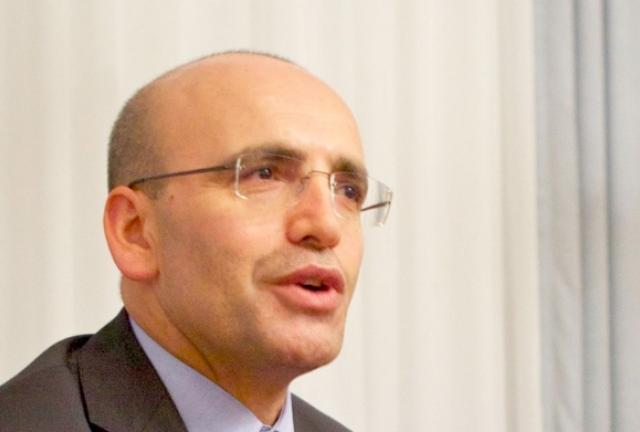At the macroeconomic session of the 2016 Euromoney conference on Monday, various experts shared their views on the recent agreement with the International Monetary Fund (IMF) and the country’s fiscal and monetary policies.
Angus Downie, the chief macroeconomist of the African Development Bank, believes that the agreement looks extremely promising, and that such reform programmes do have momentum.
“The IMF provides a solution and a chance for Egypt to breathe. It is the catalyst. People will still come even without the IMF programme if there are opportunities,” said David Cowan, managing director and African economist at Citibank.
On the other hand, Ahmed Badr, a senior executive officer in Renaissance Capital, believes that it will help in creating a more business friendly environment, but the IMF alone will not be enough, although it will encourage foreign direct investment. Egypt does need the IMF right now, but it is not everything, he explained.
“I think it is a great step in that direction. It is pretty much the right time to add the IMF seal that Egypt is on the right path. The new IPO programme is one of the tools needed to improve liquidity,” said Ashraf Ghazaly, the managing director at NI Capital.
With regards to their expectations towards the currency’s devaluation, all agreed that a devaluation is imminent, while their point of view in regards to the new value differed, most agreed that the exchange rate will shift to EGP 11.5-12 to the US dollar, except for Downie, who predicted a lower devaluation rate at EGP 9.5.
Ghazaly said that it is very difficult to run a business as there isn’t much to predict about the economy. He added that the current two markets (formal and informal) are currently not providing enough liquidity, and it is a very important issue that needs to be addressed both monetary and fiscal.
This is due to the high probability of the shortage in liquidity affecting our businesses if we do not see any government attempts to resolve this issue, Ghazaly noted that “devaluation is imminent”.
Cowan pointed out that the IMF never sets a devaluation target, rather it sets a national reserve target.
On another note, Downie said that when we look at the exchange rate policy, it is really going to backload the effect to next year with the expected devaluation next week.
Also, Downie predicted that the Central Bank of Egypt (CBE) might increase interest rates to control inflation. He added that if the CBE hits a large devaluation point, the costs of moving from where we are at the moment will be too large.
Along with the IMF and the foreign exchange rates discussion, Badr added that one of the things investors look at when they look for opportunities is the ability to move capital freely. He said: “You want to be sure that when you move capital you can take it out easily.”
Cowan said some investors can’t get their money out of the country, and if you can acquire more foreign reserves and liquidity Egypt will look attractive, the question is: “At what point is it enough?”




